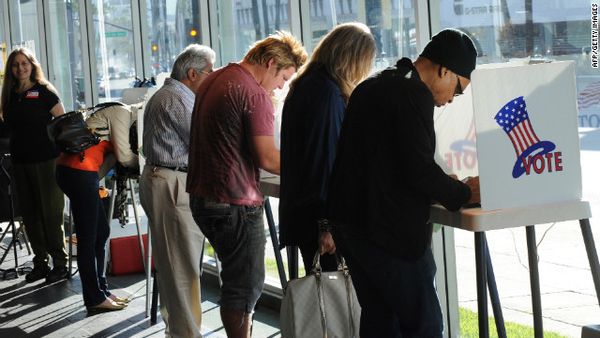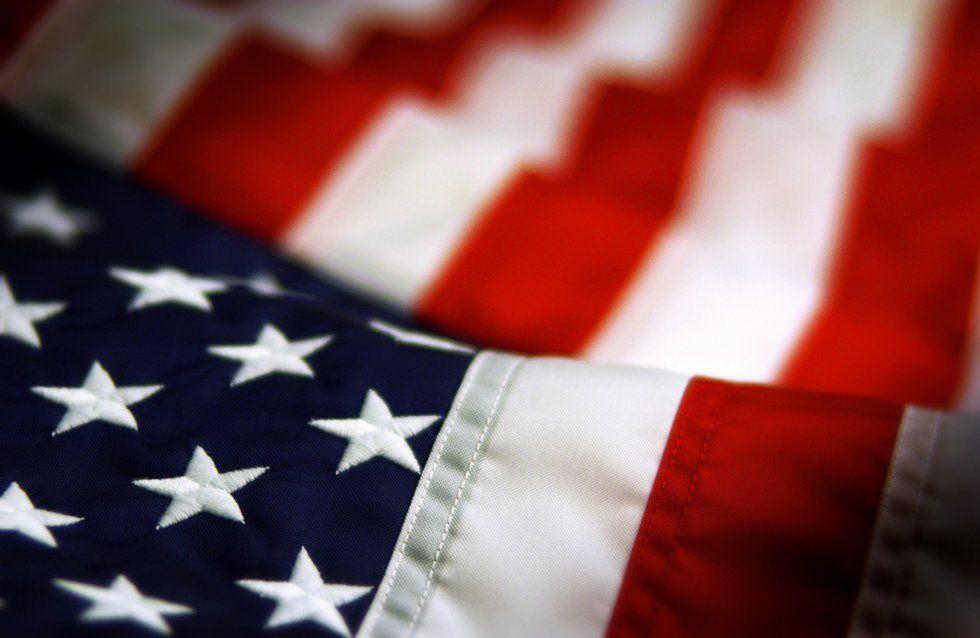Let’s face it, the day in which turning 18 meant acquiring civil responsibility has long since passed. Recent elections have shown that individuals between the ages of 18 and 29 are the least likely demographic to vote. Political theorists have presented dozens of reasons why this may be the case, ranging from economic barriers to generalized apathy. After working on multiple political campaigns throughout the past two years, I’ve formulated my own opinions.
First, the youth of this country were raised in a period which illustrated government as a sphere in which the individual has little control. From the recounting of the presidential ballots in Florida to complex military situations overseas, today’s youngest voters have consistently been shown that governing a country of this magnitude is a harrowing task.
Secondly, the general opinion of this age group seems to be that top-down solutions to major problems will be effective. Conditionally, younger voters focus on federal races and neglect their local systems. Younger people are energized politically when a presidential candidate’s policies reflect their beliefs but tend to forget they live in communities which are administrated by elected officials. Therefore, in years in which no presidential election is taking place, younger voters forget they are part of a multi-leveled system of democracy in which the greatest change they can affect is at the local level. Finding candidates close to home who represent their opinions isn’t something we usually do. Just yesterday, I realized while I’m super excited about my chosen candidate for president, I know relatively little about the races taking place in my state. I’d bet this occurs across the country and effectively silences the youth votes (especially in years without presidential races).
Thirdly, and most importantly, politics have ceased to be an activity that inspires young Americans. Consequently, those who are interested in the political process are the outliers in their schools and communities. After working politically on campus throughout the past year, I’ve found most of the students I talk to are only limitedly interested in even registering to vote. Most students are unsure of their ability to truly affect change, and therefore, neglect to try. There are much easier things to do in your late-teens and early-20s than politics. Trust me, I didn’t become politically involved because it was an option that required little effort. My peers are disenchanted with the American political machine, and I’m not sure I can blame them. To make political statements in today’s world is to subject yourself to ridicule and conflict. Why should 18-29 year olds even bother? To give them an answer, politicians at all levels need to start dialogue with their younger constituents. W,e who are already politically engaged, need to introduce the world of electoral politics to our friends and be proud doing it.
Regardless of ideology, getting America’s youth involved in the system is a necessary step. Eventually, the country will be in our hands, and we’ll be expected to run for office. So whether you’re #FeelingTheBern or #MakingAmericaGreatAgain, speak up. Engage your campus, family and friends. Make a difference by taking the first step.





















